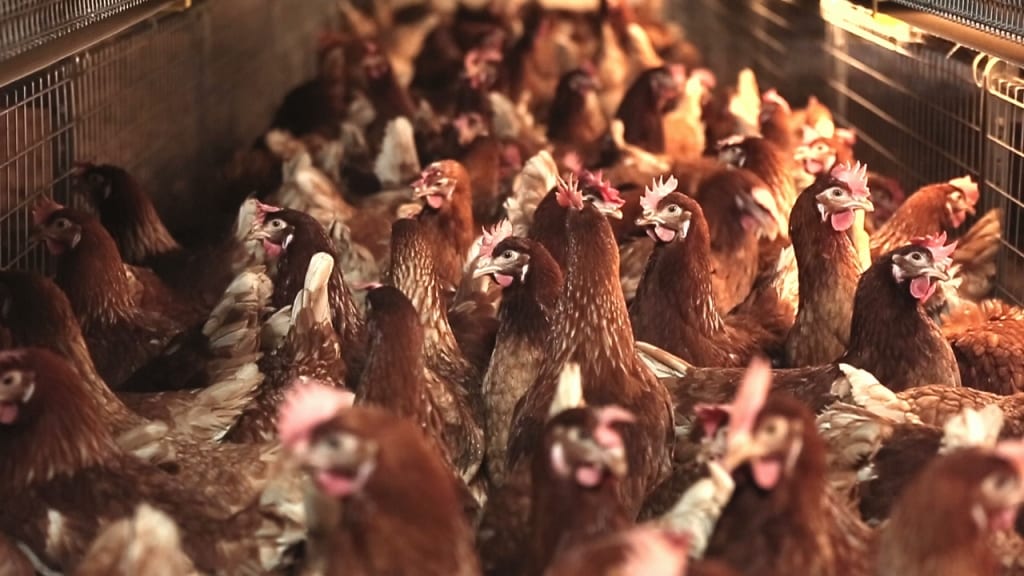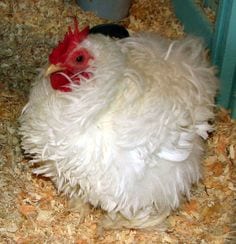 We’re coming into winter, and humans are not the only animals spreading germs and catching colds. Your birds are doing it, too. Unfortunately, there is no escaping a sick neighbor in the poultry house. We help our feathered friends out by practicing good biosecurity, but disease can still find its way into a flock.
We’re coming into winter, and humans are not the only animals spreading germs and catching colds. Your birds are doing it, too. Unfortunately, there is no escaping a sick neighbor in the poultry house. We help our feathered friends out by practicing good biosecurity, but disease can still find its way into a flock.
To effectively identify the presence of a disease, you first have to know what a healthy bird looks like. A healthy bird will:
- Stand upright with head and tail elevated
- Have bright red combs and wattles
- Alert eyes
- Clean nostrils
- Waxy scales on legs
- Smooth, neat feathers
- Be the ideal weight for the age and breed
- Have the appropriate colored skin for breed
There are many diseases and illnesses that can affect a poultry flock, but some can be more traumatic than others. Avian Influenza, Newcastle disease, and Necrotic Enteritis all often end in elevated mortality and should be reported to your local veterinarian and authority if you suspect them in your flock. Some signs to look out for:
 Avian Influenza
Avian Influenza
- A lack of coordination
- Purple discoloration of wattles, combs, and legs
- Soft or misshapen eggs
- Lack of energy or appetite
- Swelling of head, eyelids, comb, wattles, and hocks
- Nasal discharge
- Sudden death with no signs
Newcastle
- Gaping beak, coughing, sneezing, gurgling
- Tremors paralysis, twisting of the neck
- Diarrhea, yellow-green feces
- Lack of appetite
Necrotic Enteritis
- Sudden spike in mortality
- Decreased water intake
Subscribe to our blog!
[grid-1-3]
[email-subscribers namefield=”YES” desc=”” group=”Public”]
[/grid-1-3]



